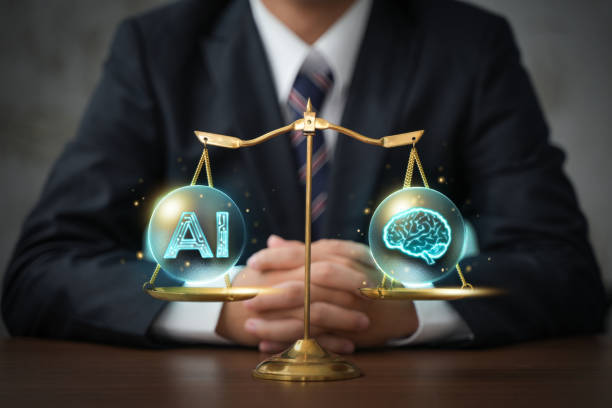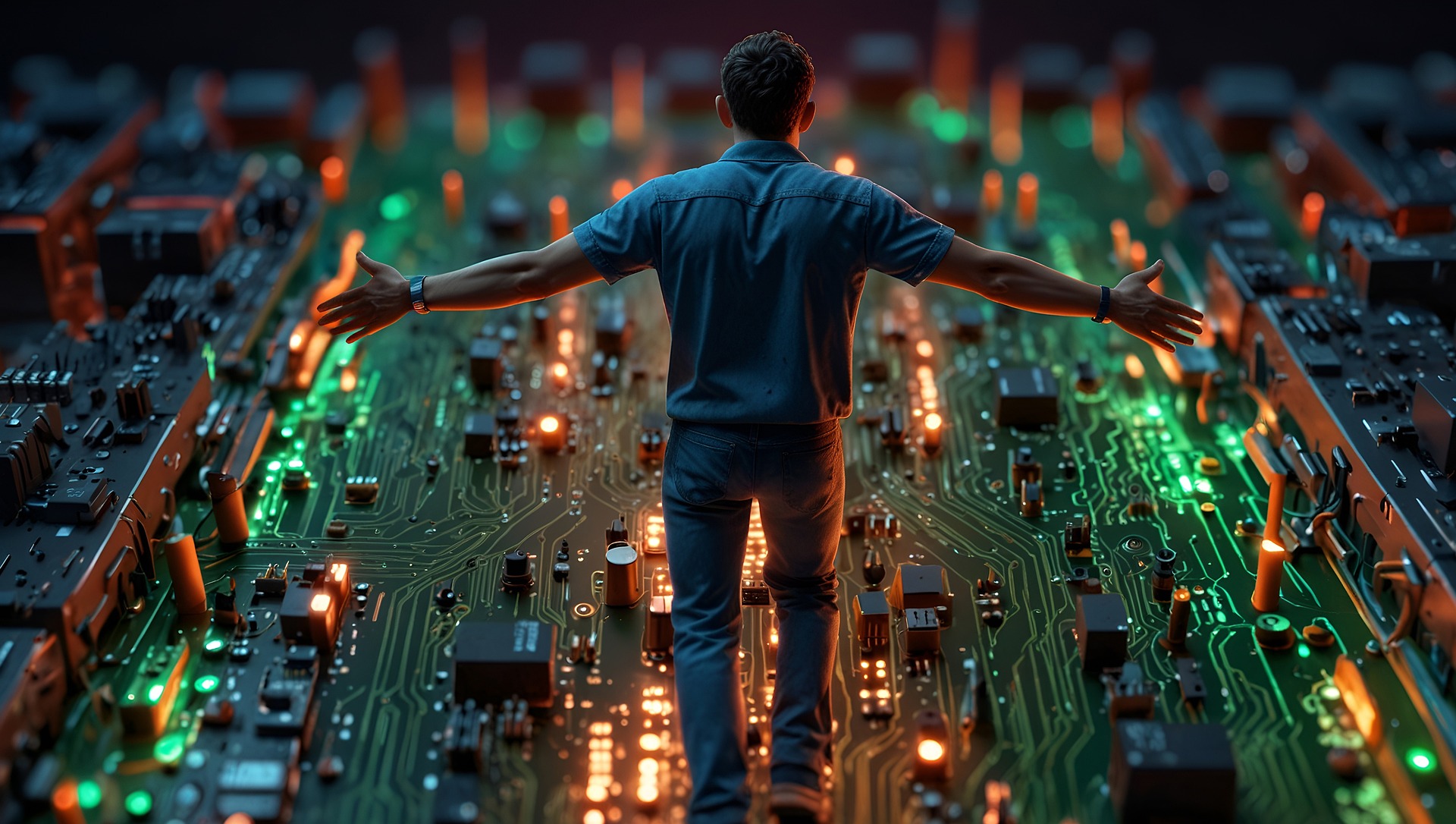A Closer Look at the Legal Implications of Artificial Intelligence
Delving into the complex world of law and government, this article will explore the legal implications of artificial intelligence (AI). As AI continues to evolve and permeate various sectors, its interaction with the legal sphere brings forth unique challenges and opportunities. By tracing the historical context, examining recent legal updates, and unpacking the societal implications, we seek to shed light on this intriguing interplay of technology and law.

The Emergence of AI: A Historical Overview
Artificial intelligence, or AI, is a term coined in the 1950s, but its roots can be traced back to ancient times when people first dreamed of machines that could think and learn like humans. However, it was not until the advent of the digital age that AI began to take shape in the form it is known today. Over the decades, AI has evolved from simple rule-based systems to complex machine learning algorithms capable of self-learning and decision-making.
AI and Law: An Intricate Dance
With the rise of AI, the legal sector started grappling with questions around its regulation and the legal implications of its use. This has led to amendments in existing laws and formulation of new legislation to accommodate the unique challenges posed by AI. In recent years, various countries have revisited their legal frameworks to address issues related to AI, such as intellectual property rights of AI-generated works, liability for AI-caused harm, and privacy concerns arising from AI’s data processing capabilities.
AI’s Legal Updates and Legislative Changes
Legal updates and legislative changes concerning AI have been a hot topic in recent times. In the European Union, the European Commission proposed the Artificial Intelligence Act in 2021, marking the first attempt to regulate AI at a regional level. The United States, on the other hand, has seen a more fragmented approach, with several states proposing individual bills to regulate AI use in various fields. These laws aim to strike a balance between promoting AI innovation and ensuring ethical and responsible use of the technology.
Societal Implications of AI Laws
The laws surrounding AI have far-reaching implications for society. On one hand, they shape the way AI technologies are developed, deployed, and used, thus influencing sectors such as healthcare, finance, and transportation. On the other hand, they directly impact individual rights and freedoms, especially in the areas of privacy and non-discrimination. Therefore, it is crucial for these laws to be carefully crafted to ensure that the benefits of AI are reaped while minimizing its potential harms.
Legal Facts and Research: The Backbone of AI Laws
Legal facts and research form the backbone of AI laws. They guide lawmakers in understanding the nuances of AI, its potential impacts, and the appropriate legal responses. Research in AI law involves a multidisciplinary approach, incorporating insights from computer science, ethics, sociology, and other fields. This holistic approach is crucial to ensuring that AI laws are grounded in reality and capable of addressing the complex challenges posed by this rapidly evolving technology.
In conclusion, the legal implications of AI are as complex as they are fascinating. As AI continues to evolve, so too will the laws that govern its use. It is therefore essential for legal practitioners, policymakers, and society at large to stay informed about these developments and engage in the critical discussions surrounding AI law.





